The Truth About Carbon Fiber Forged Wheels’ Durability: Myths vs. Real-World Performance
Understanding the Evolution of Advanced Automotive Wheel Technology
The automotive industry has witnessed a remarkable transformation in wheel manufacturing technology, with carbon fiber forged wheels emerging as a game-changing innovation. These revolutionary wheels represent the perfect fusion of cutting-edge materials science and precision engineering, delivering unprecedented benefits in both performance and durability. As vehicle manufacturers and enthusiasts increasingly seek ways to enhance performance while reducing unsprung weight, carbon fiber forged wheels have moved from exotic supercar territory into broader market acceptance.
The journey of carbon fiber forged wheels from concept to reality has been marked by extensive research, development, and testing. Engineers have worked tirelessly to overcome initial skepticism and technical challenges, resulting in wheels that not only meet but often exceed the performance characteristics of traditional aluminum and steel alternatives. This technological leap forward has redefined what's possible in wheel design and construction.
Engineering Excellence Behind Carbon Fiber Forged Wheels
Advanced Manufacturing Processes
The production of carbon fiber forged wheels involves a sophisticated combination of traditional forging techniques and advanced composite manufacturing. The process begins with the creation of a lightweight yet incredibly strong aluminum core, which is then precision-forged under immense pressure to achieve optimal grain structure and strength characteristics. The carbon fiber elements are carefully layered and bonded to this core using proprietary resins and curing processes.
Each wheel undergoes multiple quality control checks throughout the manufacturing process, ensuring perfect alignment of carbon fibers and complete structural integrity. The precision required in this process is remarkable, with tolerances measured in microns to guarantee optimal performance and durability.
Material Science Innovations
The carbon fiber used in these wheels isn't your typical composite material. Manufacturers employ specialized carbon fiber weaves and resins specifically engineered for wheel applications. These materials undergo extensive testing to ensure they can withstand extreme temperatures, impact forces, and environmental conditions while maintaining their structural properties.
The combination of aerospace-grade carbon fiber with advanced aluminum alloys creates a synergistic effect, where each material compensates for the other's limitations. This results in wheels that offer unprecedented strength-to-weight ratios while maintaining the necessary flexibility to absorb road impacts.
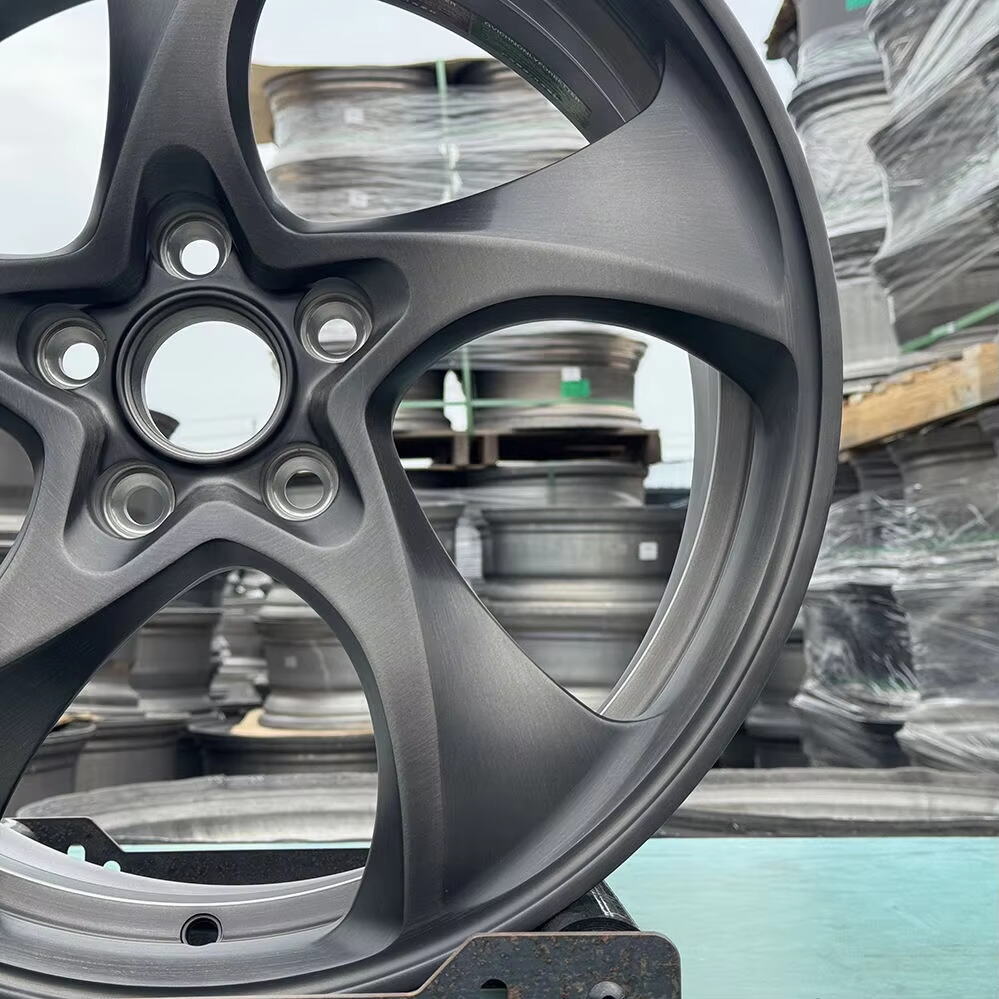
Real-World Performance Metrics
Impact Resistance and Structural Integrity
Contrary to common misconceptions, carbon fiber forged wheels demonstrate exceptional impact resistance in real-world conditions. Laboratory testing has shown these wheels can withstand impacts that would deform traditional aluminum wheels, thanks to their unique ability to absorb and dissipate energy. The carbon fiber layers act as a sophisticated shock absorption system, protecting the wheel's structural integrity even under extreme stress.
Field testing across various road conditions has provided compelling evidence of their durability. From pothole-ridden urban streets to demanding race circuits, carbon fiber forged wheels consistently demonstrate superior resistance to both immediate impact damage and long-term fatigue stress.
Temperature Management and Performance
One of the most impressive aspects of carbon fiber forged wheels is their thermal management capabilities. The carbon fiber components act as natural heat insulators, helping to maintain optimal brake temperatures while preventing heat-induced stress on the wheel structure. This characteristic is particularly valuable in high-performance applications where brake temperatures can reach extreme levels.
The thermal stability of these wheels contributes significantly to their longevity and consistent performance. Even under the most demanding conditions, they maintain their structural integrity and dimensional stability, ensuring reliable performance throughout their service life.
Long-Term Durability Assessment
Weathering and Environmental Resistance
Modern carbon fiber forged wheels incorporate advanced protective coatings and treatments that shield them from environmental factors. These wheels have demonstrated remarkable resistance to UV radiation, chemical exposure, and varying weather conditions. The protective systems prevent degradation of the carbon fiber components while maintaining the wheel's aesthetic appeal.
Long-term exposure testing has shown that properly maintained carbon fiber forged wheels retain their structural integrity and appearance far longer than conventional wheels. This durability translates to extended service life and maintained value over time.
Maintenance Requirements and Longevity
While carbon fiber forged wheels represent a premium investment, their maintenance requirements are surprisingly straightforward. Regular cleaning and inspection, combined with proper tire maintenance, are typically sufficient to ensure optimal performance. The wheels' resistance to corrosion and environmental damage means they require less intensive care than traditional aluminum wheels.
The longevity of these wheels is further enhanced by their resistance to fatigue stress and structural degradation. Many users report their carbon fiber forged wheels maintaining like-new performance characteristics even after years of regular use.
Future Innovations and Market Trends
Emerging Technologies
The carbon fiber forged wheel industry continues to evolve, with manufacturers investing heavily in research and development. New manufacturing techniques are being developed to reduce production costs while maintaining or improving performance characteristics. Advanced automation and quality control systems are being implemented to ensure consistent production quality.
Emerging technologies in carbon fiber composition and bonding techniques promise to further enhance the capabilities of these wheels. Industry experts anticipate significant advances in impact resistance and weight reduction in the coming years.
Market Adoption and Accessibility
As manufacturing processes become more efficient and economies of scale come into play, carbon fiber forged wheels are becoming increasingly accessible to a broader range of vehicle applications. While they remain a premium product, the performance benefits and long-term durability make them an increasingly attractive option for both performance enthusiasts and luxury vehicle owners.
The growing market acceptance is driving further innovation and competition, which is expected to lead to more affordable options while maintaining the high performance standards that have made these wheels renowned.
Frequently Asked Questions
How do carbon fiber forged wheels compare to traditional forged aluminum wheels in terms of durability?
Carbon fiber forged wheels typically offer superior durability compared to traditional forged aluminum wheels, particularly in terms of impact resistance and fatigue strength. Their unique construction allows them to better absorb and dissipate impact energy, while maintaining structural integrity under stress. Additionally, they're less susceptible to corrosion and environmental damage.
What is the expected lifespan of carbon fiber forged wheels?
When properly maintained, carbon fiber forged wheels can last the lifetime of the vehicle. Their resistance to fatigue, corrosion, and environmental factors contributes to exceptional longevity. Many users report minimal degradation in performance or appearance even after years of regular use.
Are carbon fiber forged wheels worth the investment for daily driving?
For many drivers, the investment in carbon fiber forged wheels proves worthwhile even for daily use. The benefits include improved performance, reduced unsprung weight, better brake cooling, and exceptional durability. While the initial cost is higher than traditional wheels, their longevity and performance advantages often justify the investment for enthusiasts and luxury vehicle owners.
Recommended Products
 Hot News
Hot News
-
Forged Carbon Products
2024-05-21
-
Forged Off-Road Accessories
2024-05-21
-
GVICHN Introduces Revolutionary Forged Two-Piece Product
2024-05-21
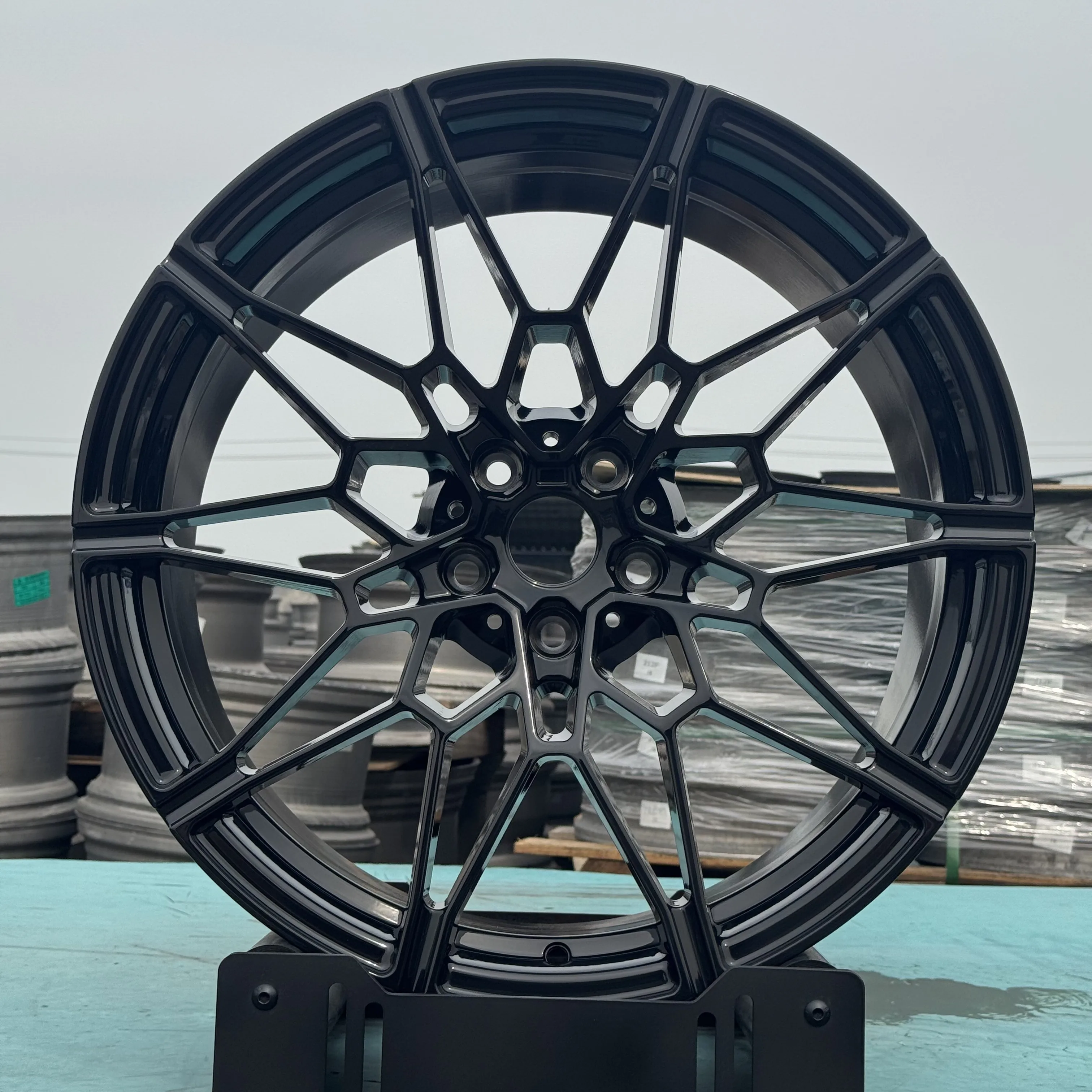

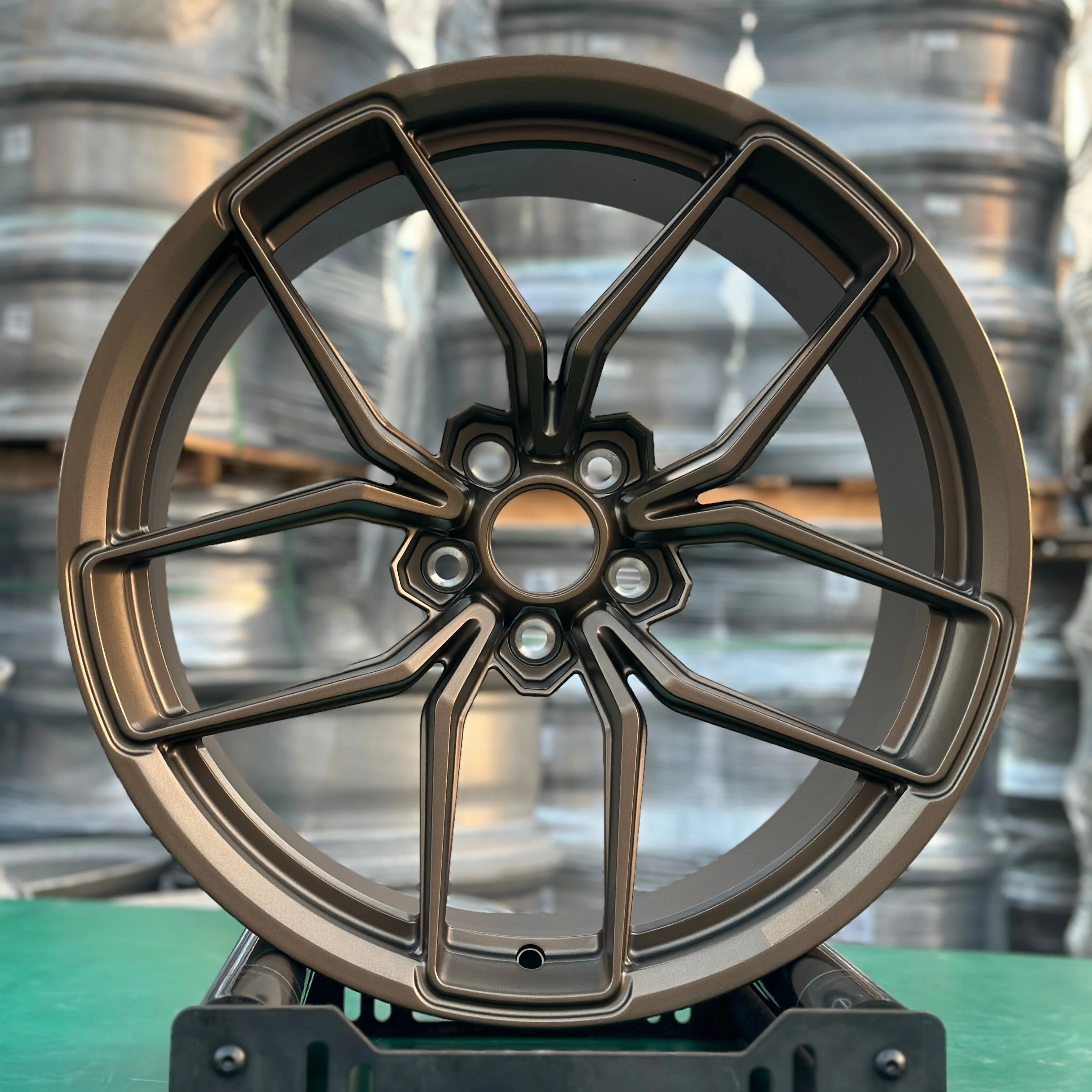
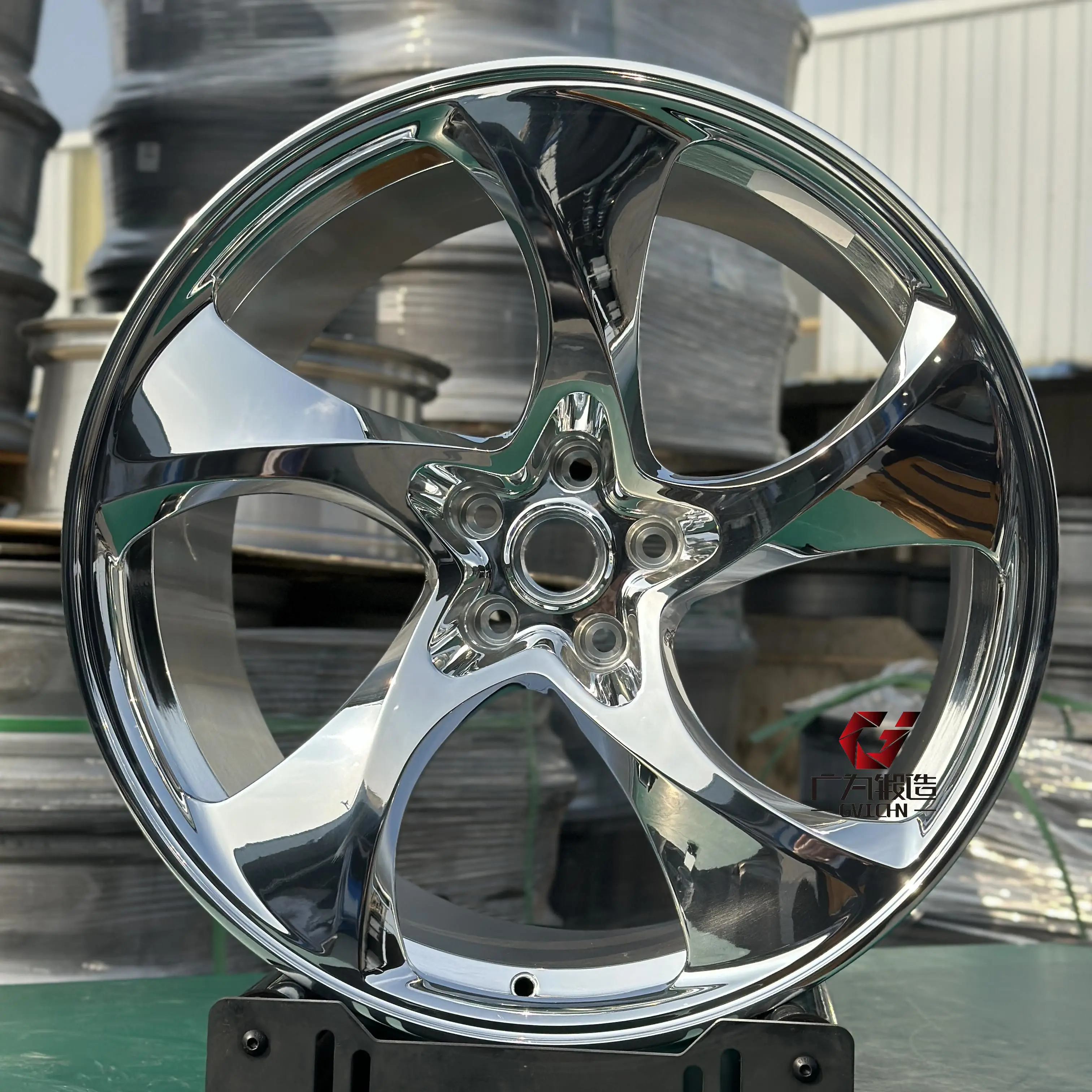
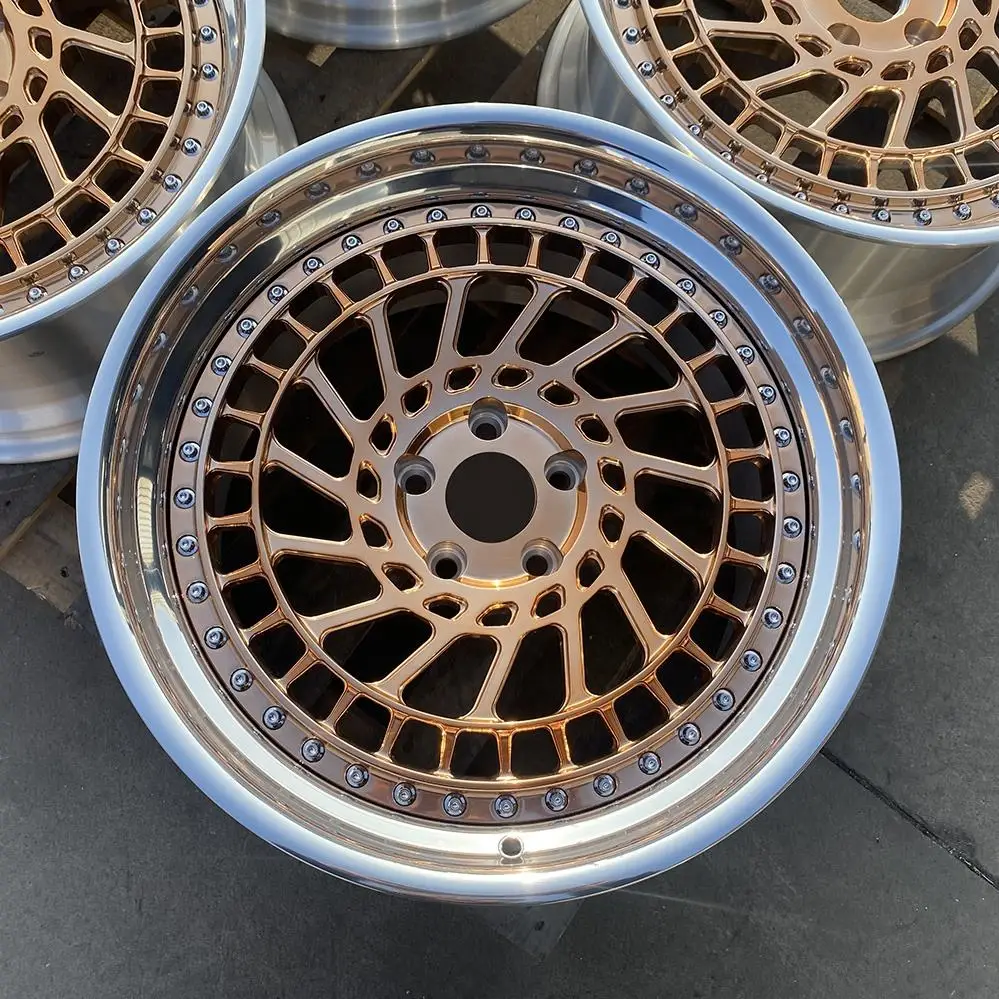
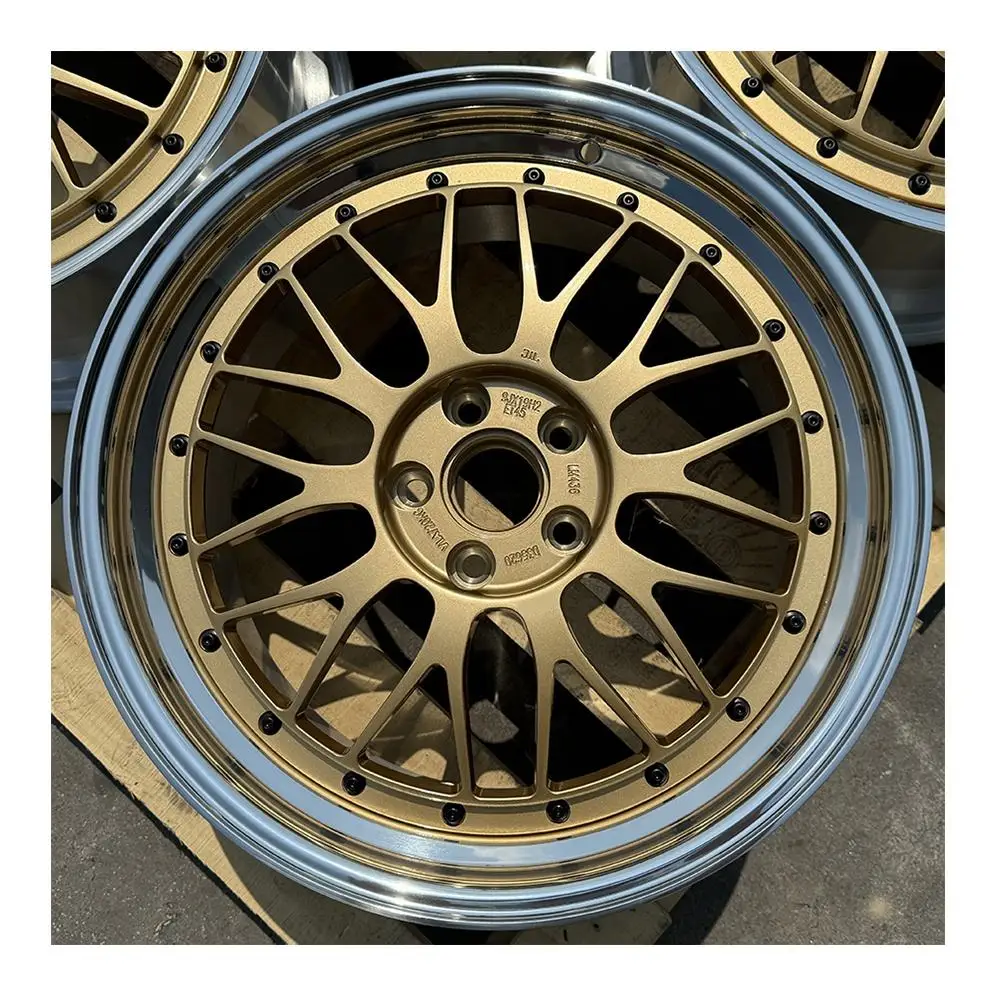
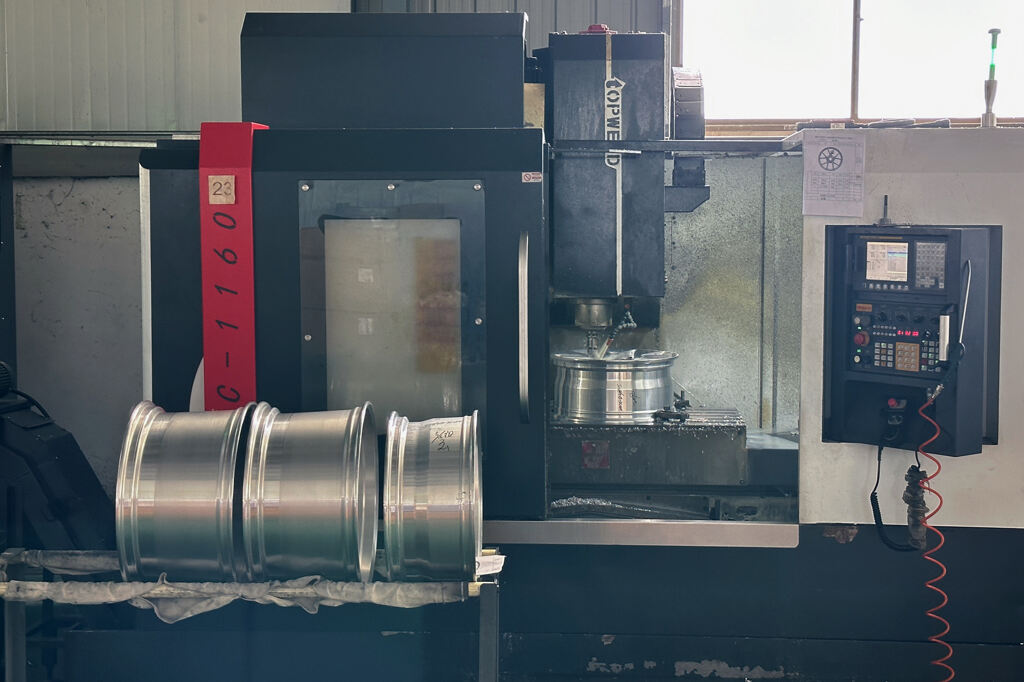
 ONLINE
ONLINE